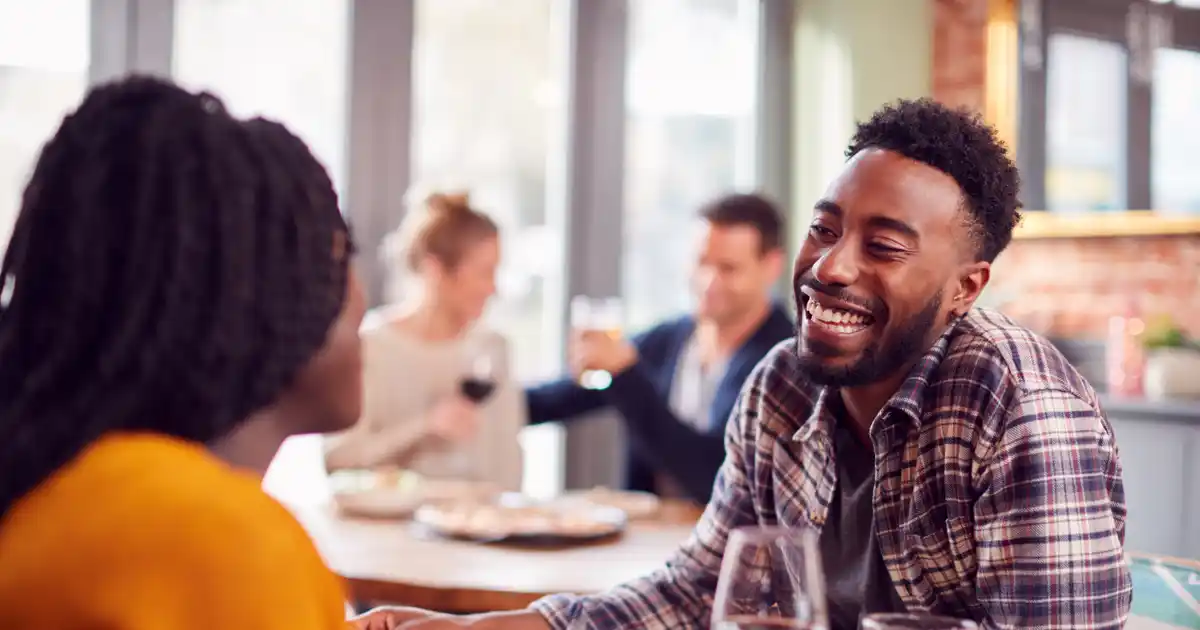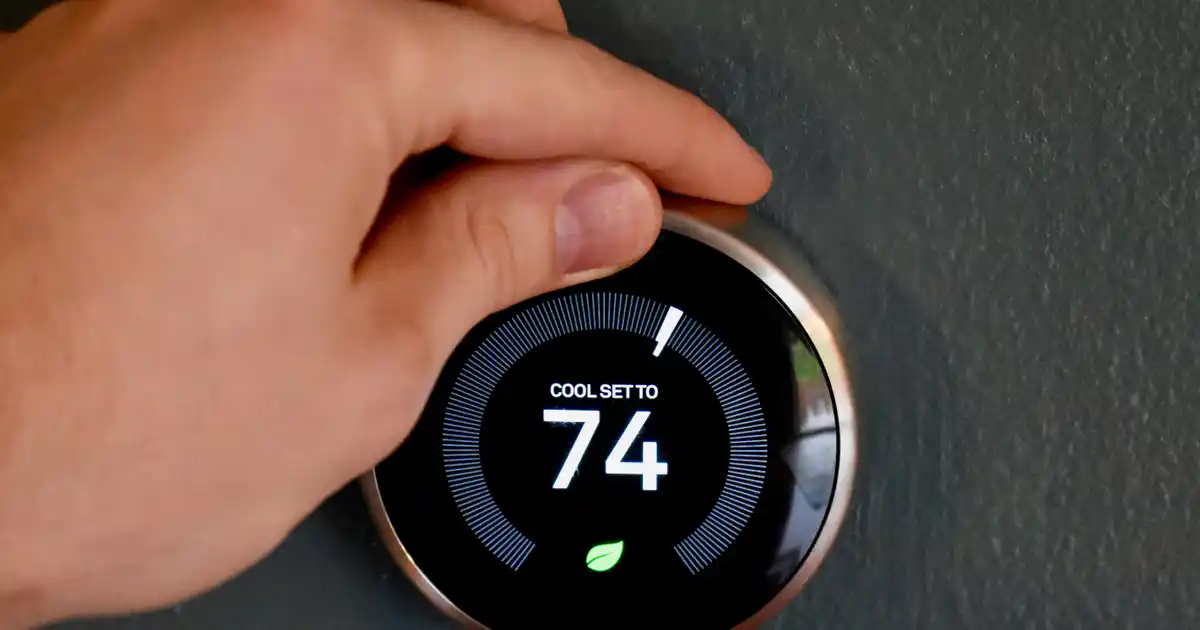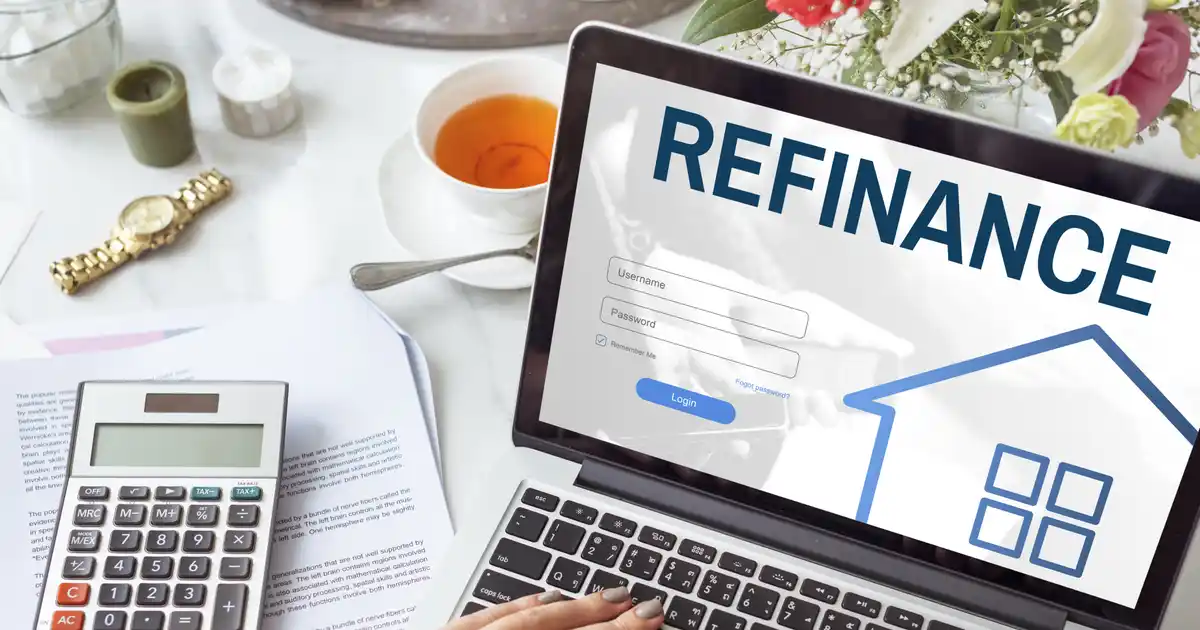You’ve probably heard the term “yo-yo dieting” before. It’s the problem that many people face when they attempt to lose weight. They will make drastic, unsustainable changes to their exercise and diet plans. The weight drops off, they relax their diet and start skipping gym days, and the weight comes roaring back. Rinse, repeat, ad nauseum.
In some ways, debt is exactly like a yo-yo diet. You might aggressively pay down some of your debt, whether it’s a car loan or an outstanding credit card balance. Good for you! But what happens when you finish paying it off? Most people quickly find themselves back in debt again. And the yo-yo keeps going up and down. If you struggle to stay out of debt once you’ve initially paid it off, you’re probably not tackling the root cause of your debts at all. Let’s talk about the yo-yo diet that debt can be — and how to reduce (or eliminate) it for good.
Yo-Yo Diets
When you’re caught in a cycle of yo-yo dieting, you aren’t actually changing your daily, regular habits. Instead, you end up viewing the weight as the problem. Then you make unsustainable changes to your routine to reach a specific goal.
Then once you reach that milestone, you revert to your old behaviors. It’s just too much work to continue with those drastic changes — ultra healthy dinners, longer cardio sessions, or more hours at the gym. Sure, you managed to lose those 20 or 30 extra pounds. However, you’ll soon find the weight slowly creeping back up. Engaging in the practice of yo-yo debt is almost exactly the same.
Yo-Yo Debt is The Same
In some cases, debt can have the same problem. You might aggressively tackle your debt, paying off a few thousand dollars in a short period of time. It feels really good to reach that goal. However, did you really make any meaningful changes to your money habits? Are they sustainable? Or did you just sacrifice a bunch of your normal expenses to cross off the debt?
Some of the extreme strategies you employ to tackle your debt are probably not sustainable in the long term. I mean, can you really stop dining out entirely if you are a foodie at heart? Or vow to never see a movie in theaters again if you love going to the cinema? Is the coffee you brew at home really as satisfying as the latte from Starbucks?
These old habits can — and arguably should — eventually retake their hold in your life. Then you’ll have to cut them out all over again, the next time you find yourself in debt. And believe me, you’ll almost always find yourself back in debt. It could be a sudden car or house repair, a medical emergency, or some other unexpected expense.
 Shutterstock
ShutterstockMake Small, Lasting Changes
I’ve definitely gained weight since COVID hit. I can blame the shutdowns, sure, but it’s really my own fault. I stopped exercising and I simply sat around watching too much TV. While most people wouldn’t consider me “fat” yet, I still need to address the extra weight that’s formed around my belly.
I’m taking a different approach to losing weight this time around, though. Instead of aiming for a certain weight goal and doing whatever it takes to reach that goal in the shortest amount of time, I’m changing my habits slowly. I started to stand up instead of sitting while I wait for my son at his soccer practice. I’ve also started doing pushups and planks a few times a week. I’m slowly reducing how many chips and other snacks I eat while I watch TV, too. It’s slow and steady, but that’s the point.
Play The Long Game
These smaller, less obvious changes mean that my weight loss is proceeding at a slow rate. However, it also means that I am more likely to maintain better health over time. Since I’m changing my habits to tackle the root causes of my yo-yo weight situation, things feel different this time.
I feel like I’ll be more likely to stick to these changes, since they aren’t huge. They feel much more sustainable over time. Let’s consider the junk food intake, for example. I still buy (and eat) chips, so I don’t feel totally deprived. However, now I eat smaller portions or don’t eat them every single night. The bag lasts longer and I don’t consume nearly as many calories.
 Shutterstock
ShutterstockSmaller Changes Work with Debt Too
You can take a similar approach with debt. Smaller and more manageable financial changes can help you make the most of your money, since you end up reducing your debt at a more sustainable rate. You won’t be able to claim dramatic results, but that’s okay. You’ll be more likely to have better long-term financial habits.
The small changes you make to the way you approach money can add up over time, mostly because it’s just easier to stick with them. And since they’re more sustainable, you’re far less likely to jump right back into debt after a short burst of successful effort.
Lifestyle Changes That Can Help
In the end, getting off the yo-yo debt cycle requires making changes to your lifestyle. Once you change your lifestyle in a sustainable way, you are less likely to give up again down the road.
Let me suggest a few changes you should consider making right now. I want to remind you that these are just suggestions, though. I’m sure you can come up with other opportunities to cut back gradually. Anyway, here’s how I suggest you start.
Change How (And When) You Go Out
Rather than going out for dinner with friends or family, see if you can go out for lunch. It’s typically much cheaper. Now you’re still able to enjoy a meal out, meet with friends, and try new foods — while still saving a bit of money.
Not only is lunch a cheaper option, but you’ll be less likely to order alcohol too. Those expensive drinks are a real budget killer. The same principal works when going to the movies too — matinees are cheaper than prime time showings. (Although the popcorn doesn’t get any cheaper, so consider making the decision to skip those pricey snacks entirely.)
 Shutterstock
ShutterstockEvaluate Monthly Subscriptions
Take a look at your monthly subscriptions. Whether it’s streaming services or delivery boxes, the costs really add up. Instead of canceling everything, though, consider staggering your subscriptions so that you only have one or two active at a time. Most of them let you cancel and restart at any time, without penalty.
Personally, I usually get Disney+ maybe once or twice a year, for about a month at a time. Then I have Netflix for most of the other months. You just don’t need to pay for all of Disney+, Netflix, Hulu, Apple TV+, and Amazon Prime Video (plus any live sports services you might have) all at the same time, forever. Stagger them and just watch the new shows when you rotate back. They’ll all still be there. As an added bonus, you won’t have to wait a week for new episodes if you just have the patience to wait and binge watch the whole season later
Plan Your Meals
I was amazed how much money we started saving when we began planning meals. When you have a meal plan, you are less likely to eat out. You’re also less likely to buy expensive pre-prepared foods at the last minute, since you’re hungry and just want something to consume. You’ll also be more efficient in your grocery shopping.
As an added bonus, you can also eat healthier with a bit of planning. After all, those last minute options are usually the easier junk food options. You can save even more by planning your meals around weekly sales and coupons. If you write down what you plan to eat, you’ll instantly know what ingredients to get when you go to the grocery store.
 Shutterstock
ShutterstockReduce Your Entertainment Spending
Stop spending so much on entertainment. Look for free (or low-cost) alternatives in your area. You can check out books and movies from the library, for example. Depending on how much time you spend on your TV, Redbox can be less expensive than some of the streaming services. It definitely beats theater prices.
We already talked about cutting streaming services, but what about traditional cable? If you’re still paying a big telecom for 1,000 channels that you barely use, consider cutting the cord for good. (How can anyone still tolerate the never-ending barrage of commercials on cable TV these days, anyway?) Instead, spend more time outdoors — hiking, picnicking, or bike riding. After a while, we promise that you really won’t miss reruns of those home improvement shows on HGTV.
Be Energy Smart
Change the way you use utilities at your home. A programmable thermostat can help, as can smart strips. If you don’t want to buy equipment, look at the weather forecast and plan accordingly. For example, turn off the lawn sprinkler if it’s about to rain. Adjust the heat and air conditioner to reflect the outside temperature. I really doubt a degree or two will make a difference in your comfort, but it can make a dent on your bill. Go ahead and turn your thermostat off entirely if you aren’t going to be home for a few days (or longer).
Make it a point to reduce your home’s energy consumption and you can save money in the long run. You may not think $20 or $30 in savings a month make much of a difference, but put it toward getting rid of your debt and it’ll add up over time.
 Shutterstock
ShutterstockRe-Evaluate Your Insurance Policies
I’m putting this option here too, since you even need to necessarily change your habits to reap the savings reward. Too often, we “set it and forget it” when it comes to insurance. However, you might be spending more than necessary. Check to see if you could get cheaper insurance.
Shop around for cheaper home and auto insurance. See if you can save by bundling your policies. Evaluate your insurance needs and see if you can save by altering your coverage. (For example, maybe you don’t need collision coverage on your old, beat-up vehicle.) You can benefit by checking every time your policy renews. Just make sure you’re comparing apples to apples, and not ending up with worse coverage just to save a few bucks.
Consider using an insurance broker. They typically work with multiple companies to find you the best deal, saving you a lot of the legwork doing your own comparison shopping.
Refinance Your Loans
Similar to insurance policies, many people could save some money if they just took the time to refinance their loans. I know people who continually refinance their mortgage, as long as the interest rate keeps getting lower. They do this by looking for no-upfront cost loans, so it’s easier for them to make sure they aren’t wasting all the savings to fund the cost to originate a new loan. Do the same and you could save hundreds of dollars every month.
This doesn’t only work for mortgages either. You can potentially refinance car loans, student loans, and even personal loans. You just need to make an effort to shop around for a better deal and go through the paperwork. It’s slightly tedious, but if you calculate the money you save versus the time spent, you’ll find that it’s likely one of the highest paying side jobs you will ever get. A lower interest rate and monthly payment can allow you to concentrate on your higher-interest consumer debt. Check to see if this is possibility for you. Just watch out for any fees that might offset the benefits.
 Shutterstock
ShutterstockThe Bottom Line
One of the keys to more effective — and more efficient — debt reduction is making small, sustainable changes. They will save you more money in the long run. It’s not as flashy as being able to pay a huge amount in a short period of time. However, you’ll be surprised at how much you can save if you are willing to make a few relatively simple lifestyle changes.
The best part is that small changes are usually easier to make. Ideally, you’ll be more likely to keep it going long after the debt is eliminated. If you keep “crash dieting” to solve your debt problem, you’ll just end up back on the yo-yo path — building up debt, making dramatic changes to pay it off, being debt free again, and then building the debt back up.
Instead, commit to a slower, sustainable process to eliminate your debt once and for all. It’s the real key to any diet, whether we’re talking food or finances.








